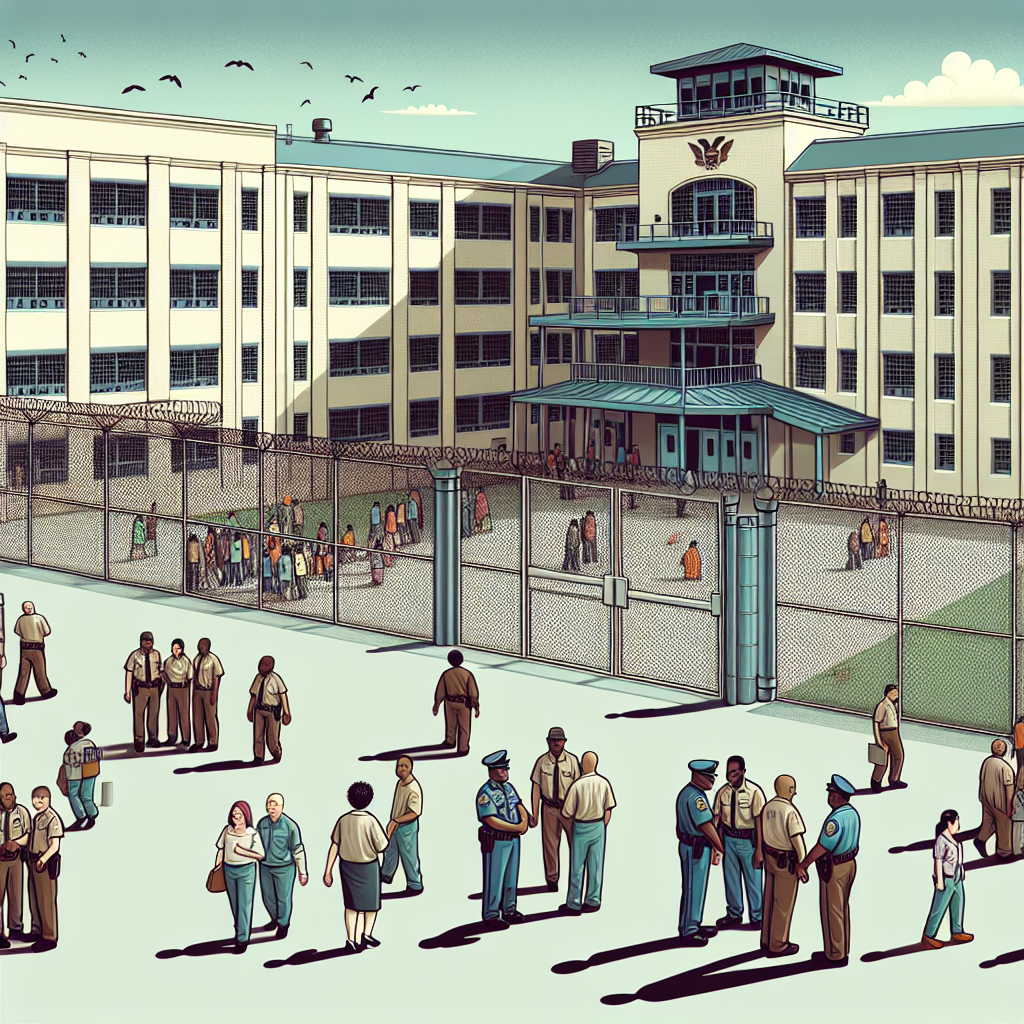UN Experts Call on US to Release Abu Zubaydah After 20 Years of Detention Without Charge
The experts emphasized the urgent need for his release and relocation to a safe third country, noting that his prolonged detention constitutes an ongoing human rights violation.

United Nations human rights experts have called on the United States to immediately release Zayn al-Abidin Muhammad Husayn, widely known as Abu Zubaydah, who has been detained for nearly two decades without charge at the Guantánamo Bay detention facility.
Captured in March 2002 in Faisalabad, Pakistan, Abu Zubaydah was held in secret CIA-operated "black sites" across multiple countries before being transferred to Guantánamo Bay. Evidence has since emerged of severe torture during his detention, yet no charges have ever been formally brought against him.
Urgent Plea for Presidential Pardon
In a rare move, the experts have appealed directly to the U.S. President for a pardon. “We are exceptionally requesting a Presidential pardon for Mr. Abu Zubaydah, owing to his treatment while in detention and the lack of due process since he was first detained,” they stated.
The experts emphasized the urgent need for his release and relocation to a safe third country, noting that his prolonged detention constitutes an ongoing human rights violation.
Health Crisis and Legal Barriers
Abu Zubaydah reportedly suffers from severe health conditions, including injuries sustained during torture. Experts noted that these issues are compounded by inadequate medical care and restrictions on lawyer-client communication.
“The denial of necessary medical attention has exacerbated his suffering,” the experts said. “This is in addition to the profound psychological and physical trauma he endures from years of torture, cruel treatment, and enforced disappearance.”
Legal and human rights bodies worldwide have repeatedly condemned Abu Zubaydah’s detention. These include findings that his treatment violates international human rights standards, particularly regarding arbitrary detention, torture, and lack of due process.
Compensation and Reparations Demanded
The experts also called for Abu Zubaydah to be granted compensation and reparations, as stipulated by international law. “In addition to his liberation, we request that Mr. Abu Zubaydah is accorded an enforceable right to compensation and other measures of reparation,” they stated.
The experts reminded the U.S. government of its obligations under international law to address violations stemming from its post-9/11 rendition and secret detention program.
A Global Call for Action
The UN experts highlighted the principle of joint responsibility, urging other nations to offer their territory for Abu Zubaydah’s relocation. “States that were complicit in his detention and torture have a duty to ensure his safety and rehabilitation,” they said.
The case underscores broader concerns regarding Guantánamo Bay, where 14 men remain detained under varying circumstances. Many of these detainees have also reported ongoing rights abuses, including denial of fair trials and inhumane treatment.
The Need for Accountability
This appeal reignites the conversation around accountability for the United States’ controversial post-9/11 detention policies. Advocacy groups and international legal experts argue that systemic reform is necessary to prevent similar abuses in the future.
By releasing Abu Zubaydah, granting him reparations, and addressing the broader issues surrounding Guantánamo Bay, the United States has an opportunity to demonstrate its commitment to upholding human rights and international legal obligations.
Global Attention on Guantánamo
The case of Abu Zubaydah continues to serve as a stark reminder of the enduring consequences of post-9/11 counterterrorism policies. As international scrutiny intensifies, the call for justice and accountability grows louder, urging the U.S. and its allies to rectify past wrongs.
- READ MORE ON:
- Zayn al-Abidin Muhammad Husayn
- Abu Zubaydah










